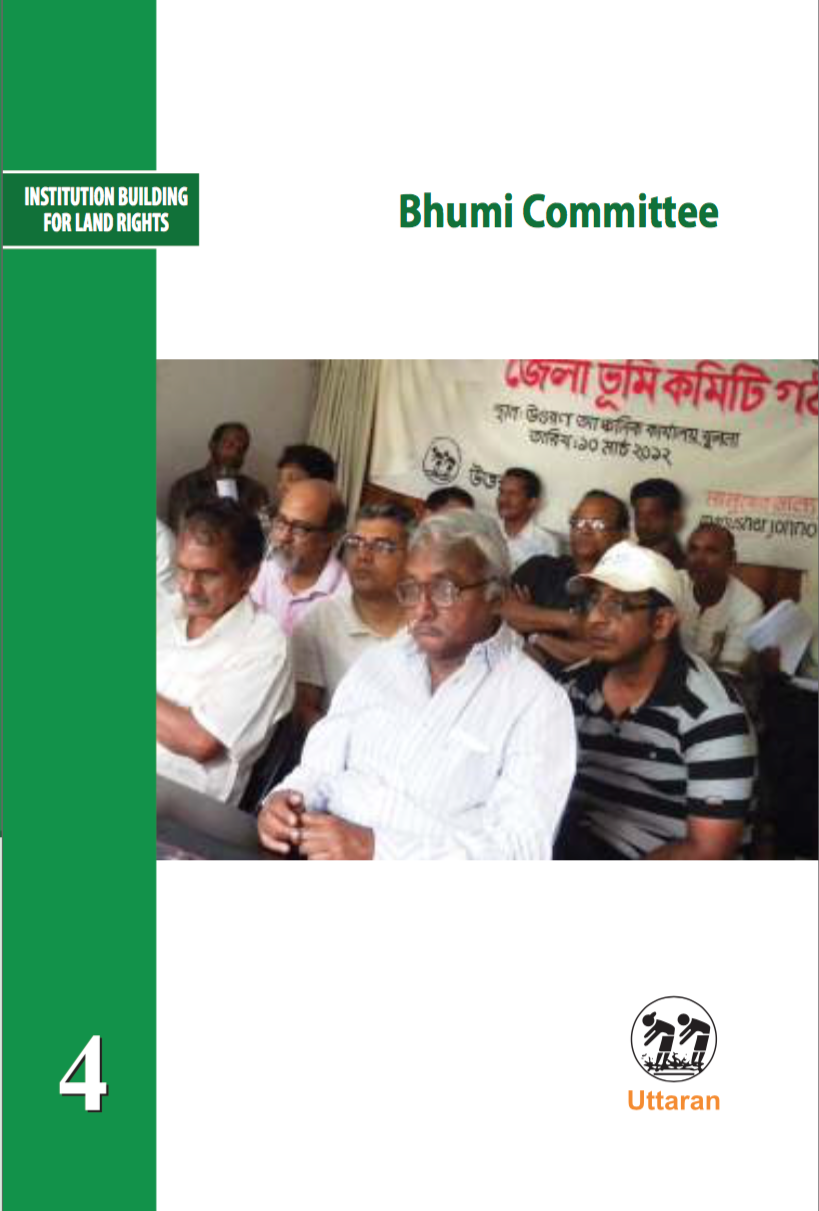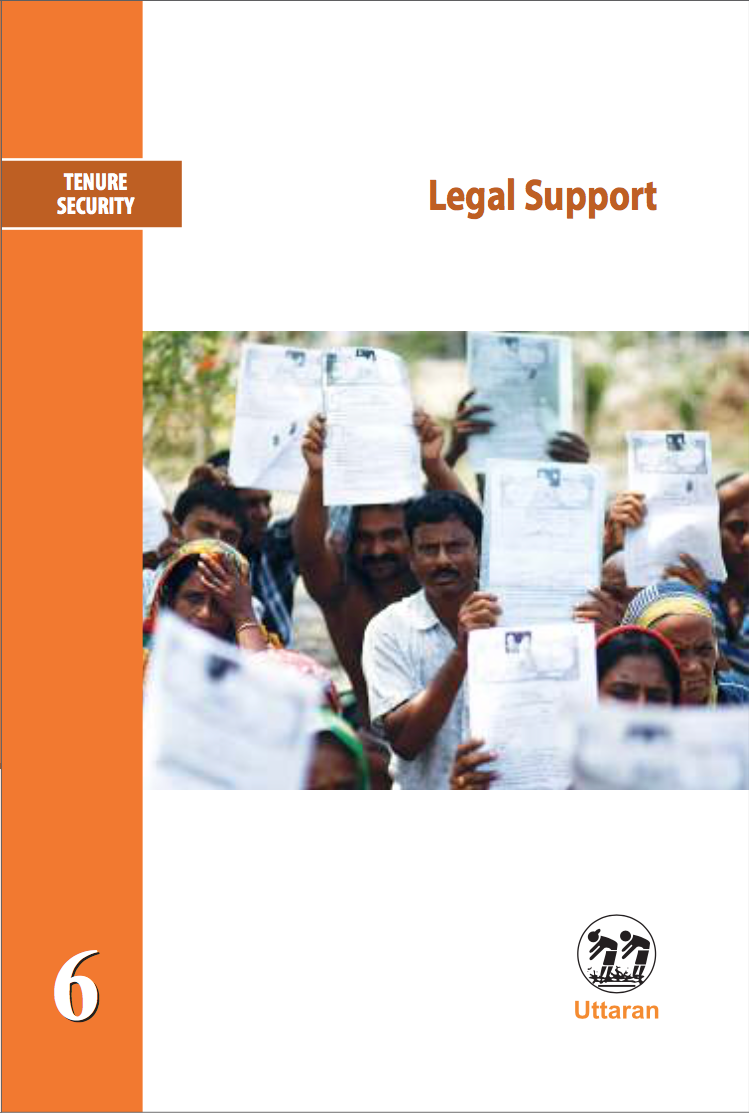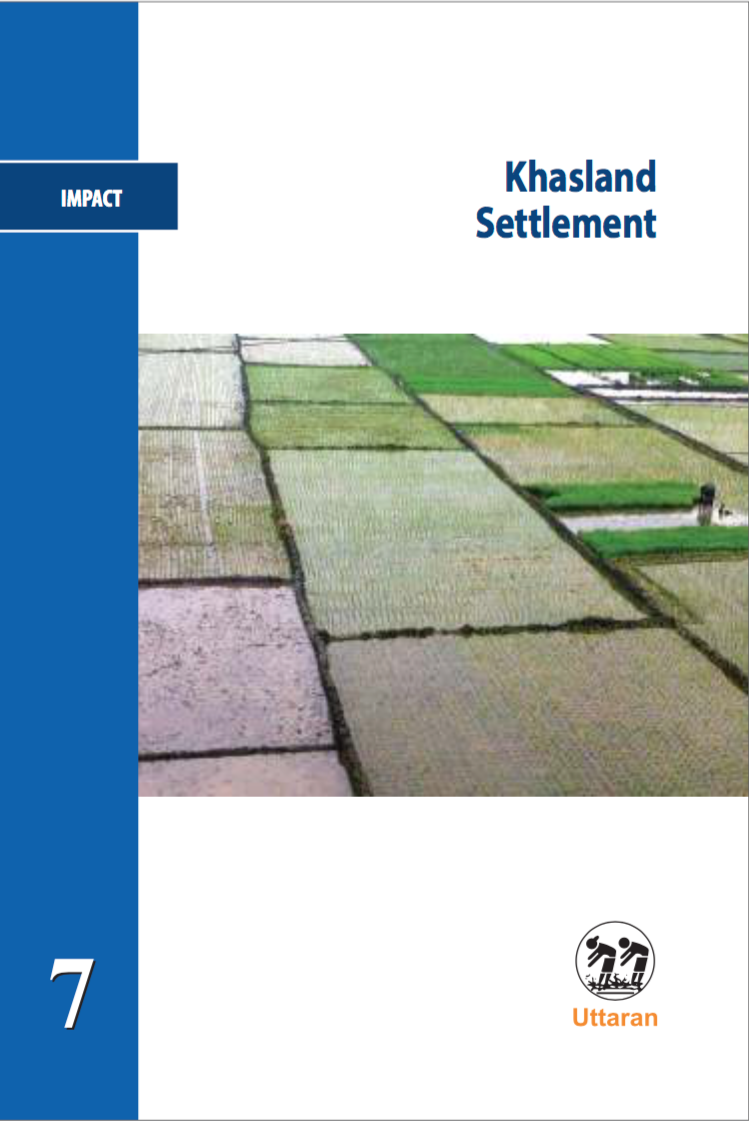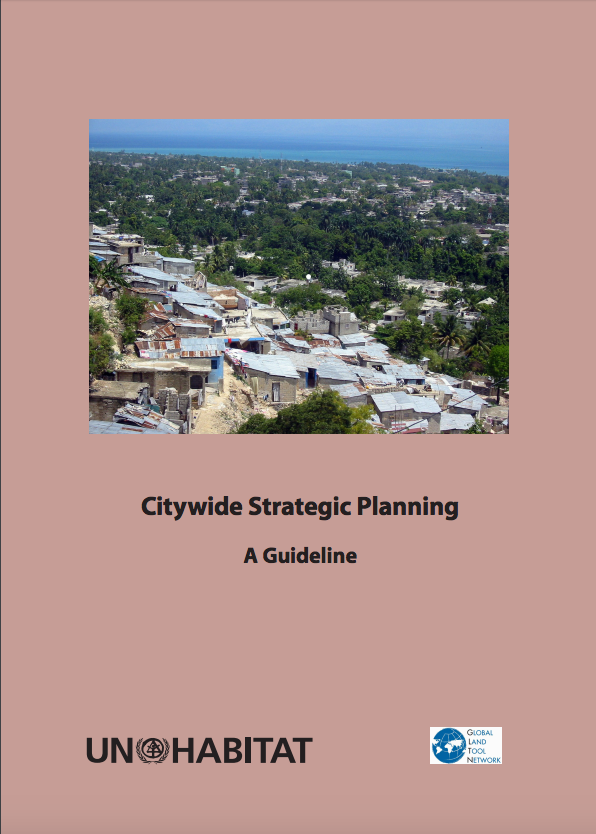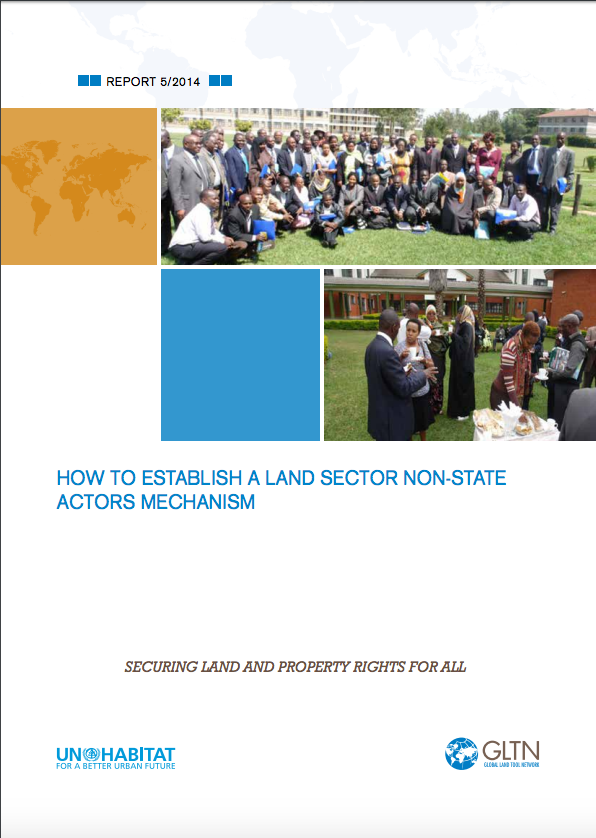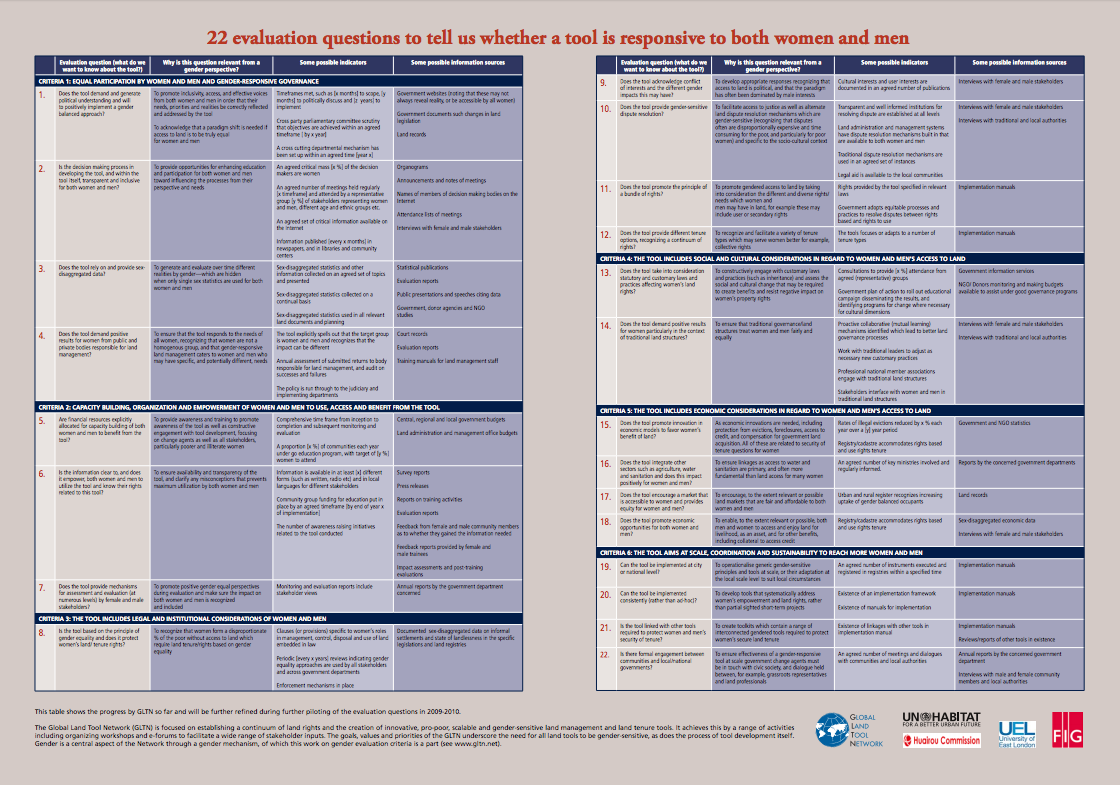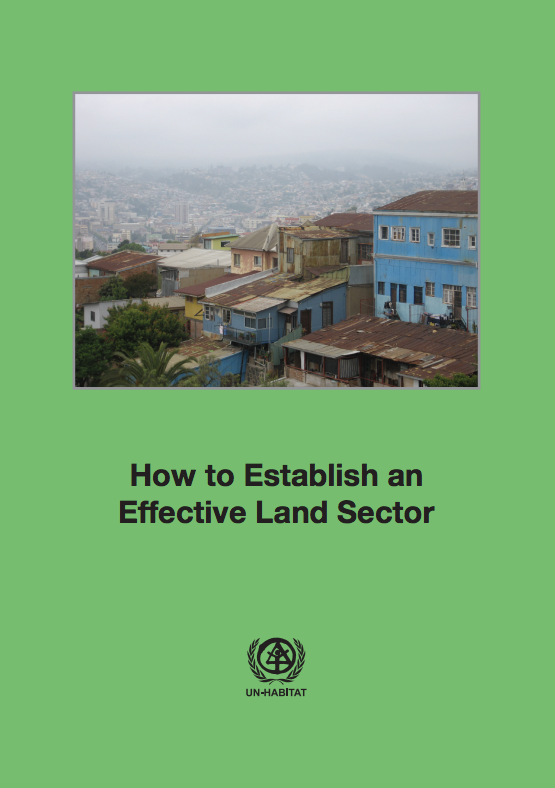Acción colectiva y derechos de propiedad para el desarrollo sostenible
Las instituciones de acción colectiva y los sistemas de derechos de propiedad moldean la forma en que la gente usa los recursos naturales.A su vez, estos patrones de uso afectan los resultados de los sistemas de producción agrícola de la gente. Juntos, los mecanismos de acción colectiva y los sistemas de derechos de propiedad definen los incentivos a los que la gente accede por llevar a cabo estrategias de gestión sostenible y productiva, y afectan el nivel y distribución de los beneficios de los recursos naturales.




